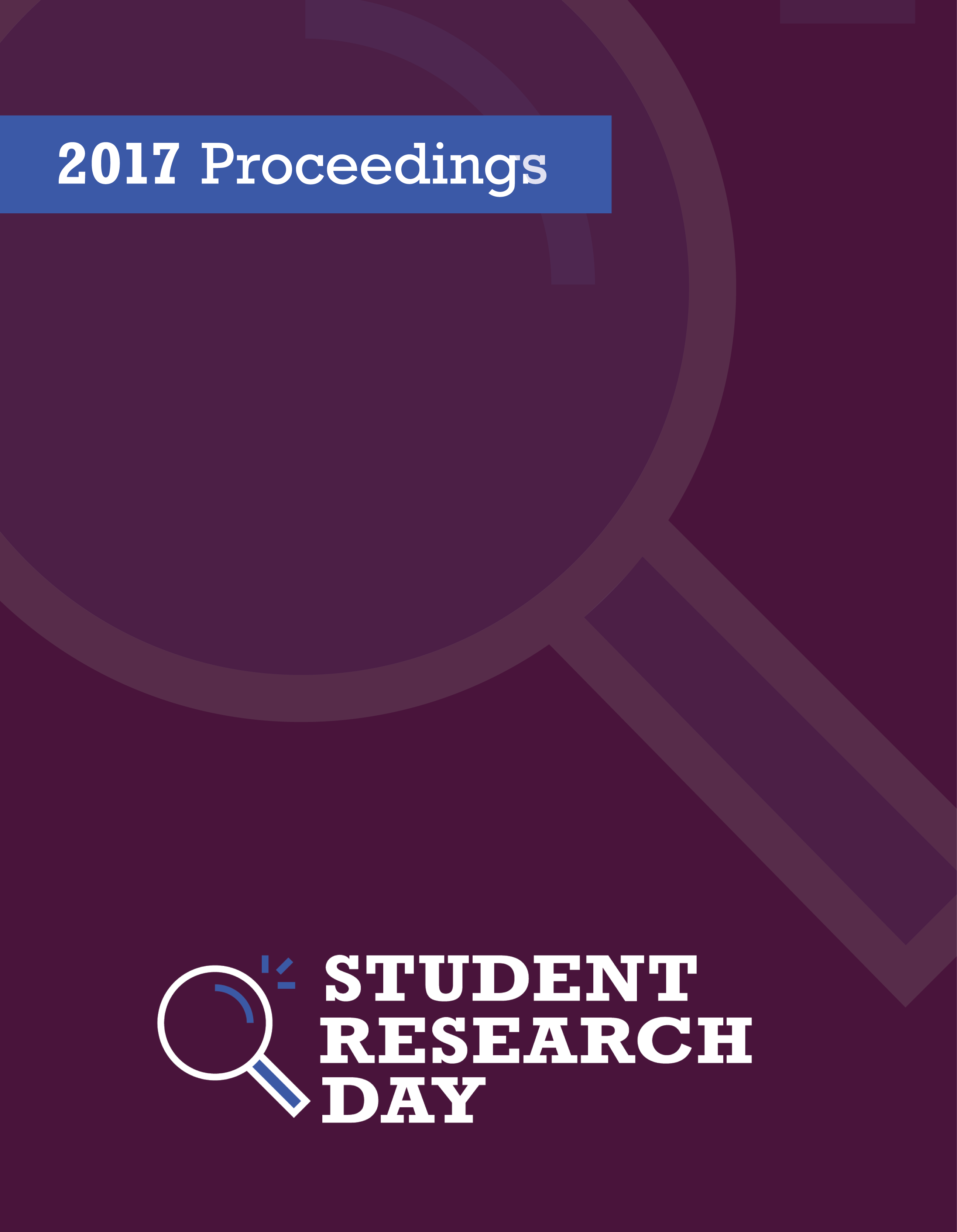Implicit theories of depression and depression severity influence endorsement of lifestyle changes and therapies for depression
Abstract
Implicit theories refer to the extent to which an attribute of self is viewed as changeable (Dweck, 1999). Individuals who have an entity theory, or a fixed mindset, of depression believe that depression cannot change. Conversely, those who have an incremental theory, or a growth mindset, of depression believe that depression can change. The current study (N = 235) investigated whether implicit theories of depression are predictive of depression severity in undergraduate students. Results showed that a growth mindset of depression, being male, and endorsing lifestyle changes for depression were predictive of lower depression severity. Understanding implicit theories of depression may improve therapeutic outcomes. If individuals are led to view depression as changeable prior to therapy, they may be more likely to believe that therapy can improve depression. Therefore, such a treatment component may be associated with increased therapeutic engagement and enhanced therapeutic outcome.
Discipline: Statistics
Faculty Mentor: Dr. Karen Buro
References
Published
Issue
Section
License
Authors retain any and all existing copyright to works contributed to these proceedings.



